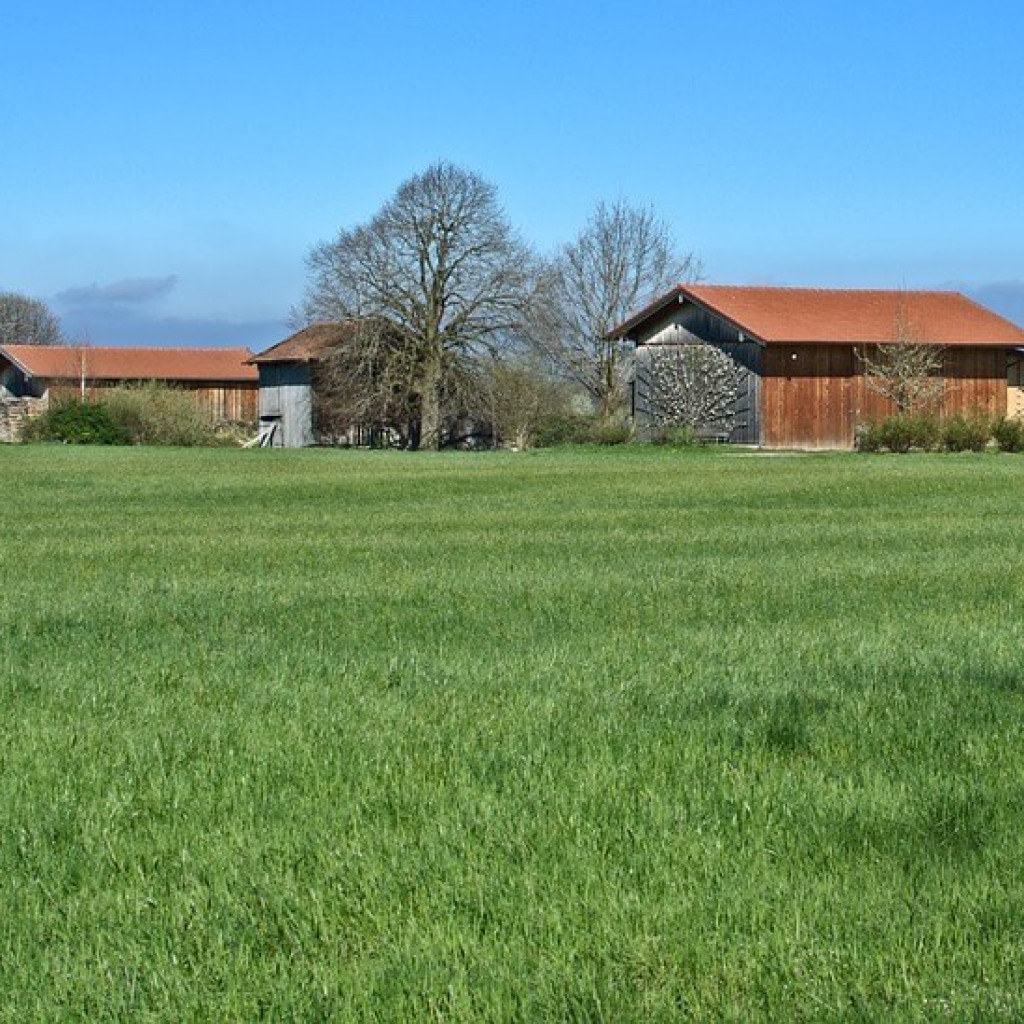A recently reported case has added to the ever-growing pile of reported cases. These cases involve the impact that restrictive covenants can have on thwarting the plans of entrepreneurial landowners.
The case concerned a landowner of a small wooden cabin in their garden, from which they ran a beauty business. The cabin was constructed before the issue of whether permission was needed for the cabin was seemingly considered.
The landowners made an application for retrospective planning permission for the cabin. Planning permission was granted. However, it appears that the restrictive covenant had only come to the landowners' knowledge when they applied for planning permission.
The covenant was fairly standard in its nature. It provided that "No trade business or profession shall be carried out upon the plot". Also, the plot should not be used for any other purpose other than as one private dwelling.
There is a process whereby restrictive covenants can be modified or discharged altogether. The landowners applied to have the covenant varied so they could continue to run the beauty business. Neighbours objected, with the parking issues the business was creating being of particular concern.
The landowners’ application failed. The Upper Tribunal found that the covenant “ensures that characteristics that make [the neighbourhood] a pleasant place to live are preserved” and that it prevented “activities that would, if left unchecked, significantly impinge on the amenity of the development and is the sole means by which this protection can be secured. It ensures the quiet enjoyment of the houses on the estate and underpins their value.”
Applications to discharge or modify covenants are fact specific; in another neighbourhood, or with a different type of business, the application may have been successful. The takeaway from the case is not therefore the facts or the decision - it is:-
- that it is important for landowners to become familiar with title documents, and to have an overall awareness of what can and cannot be done on land – if works are proposed that could fall foul of a covenant, then get legal advice at an early stage about the issue (it could save you a lot of money in the long run); and
- to understand that the public planning process is distinct from the private law restrictive covenant regime – and that the granting of planning permission does not at all guarantee that any covenant will be discharged or modified.
How can Tozers help?
For further help or information about anything mentioned in this article, or to talk to one of our dedicated team, please contact us.




